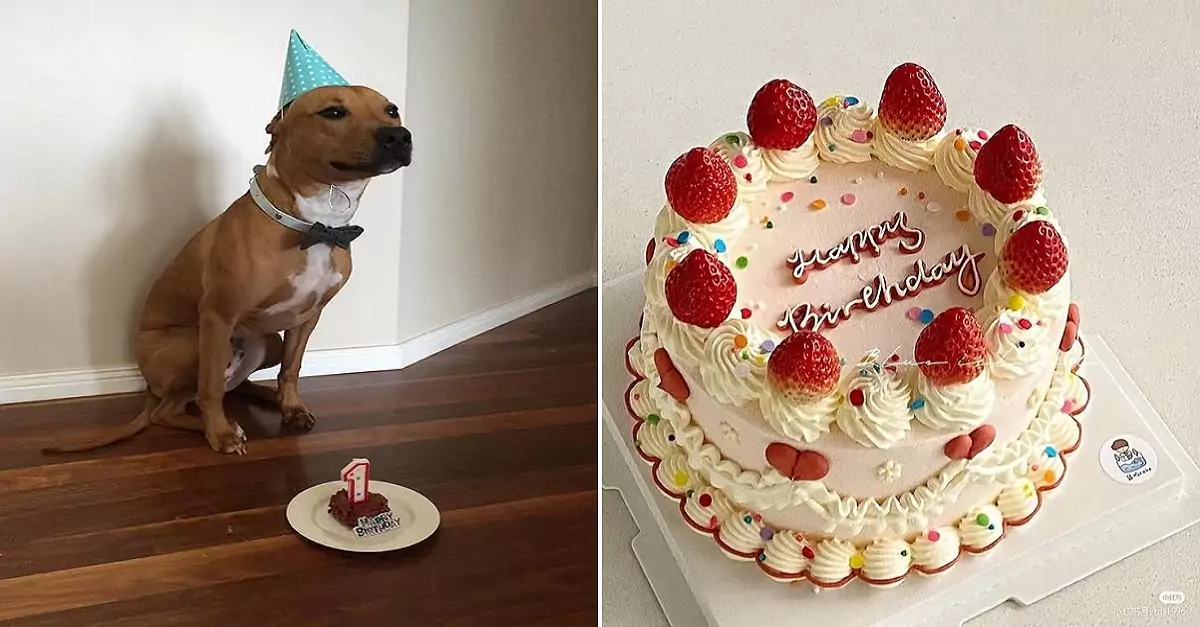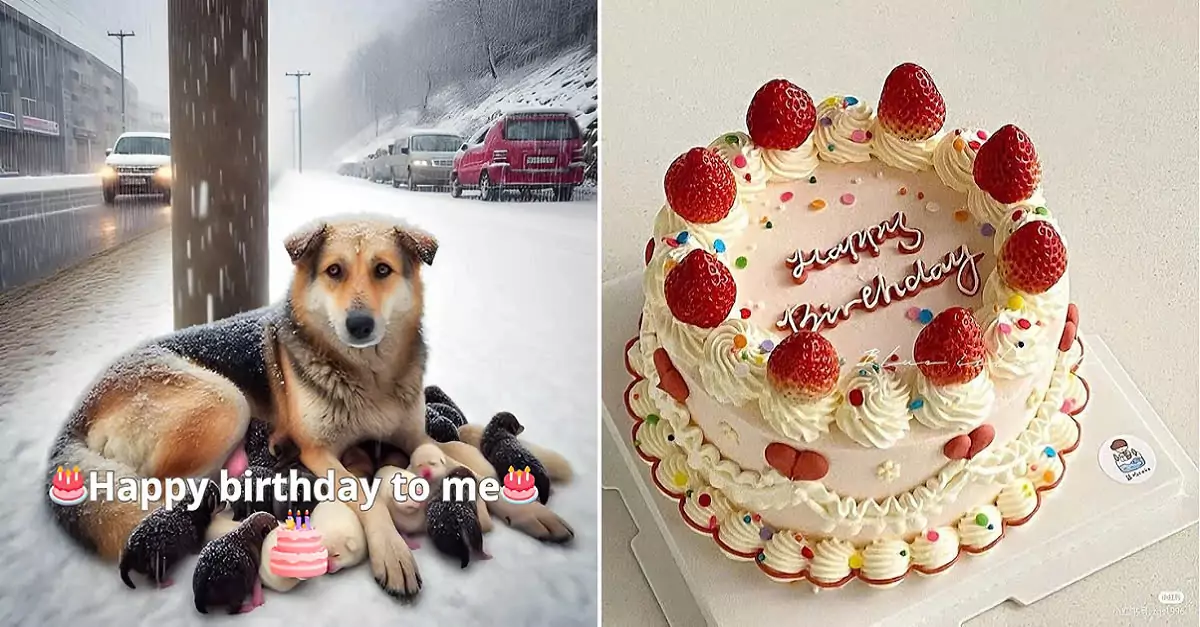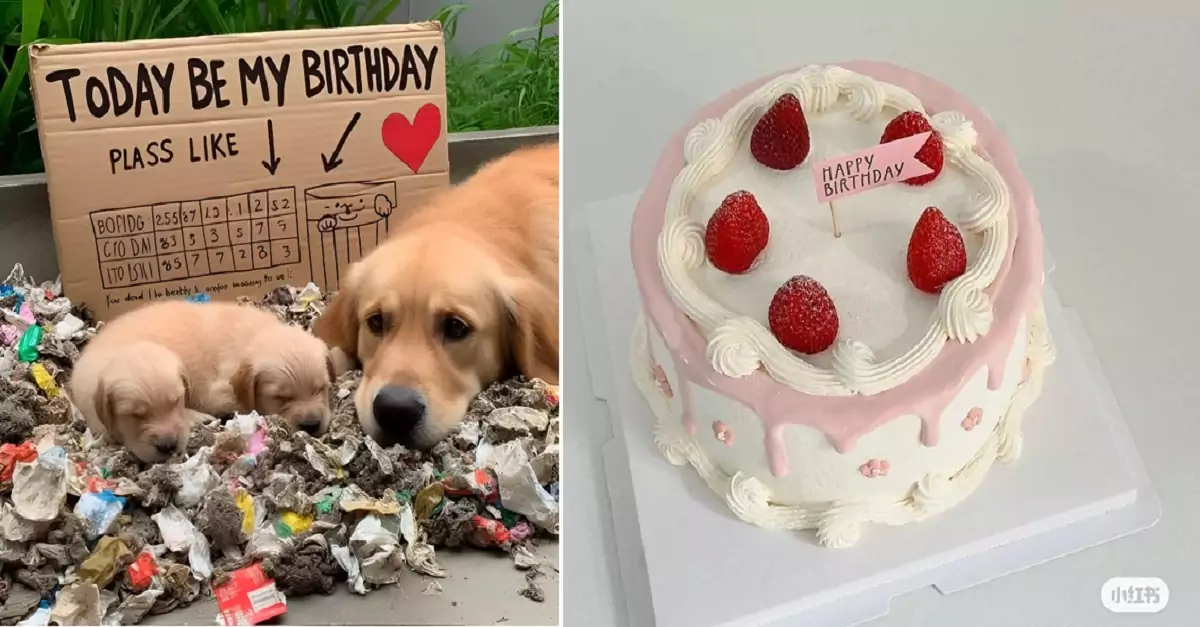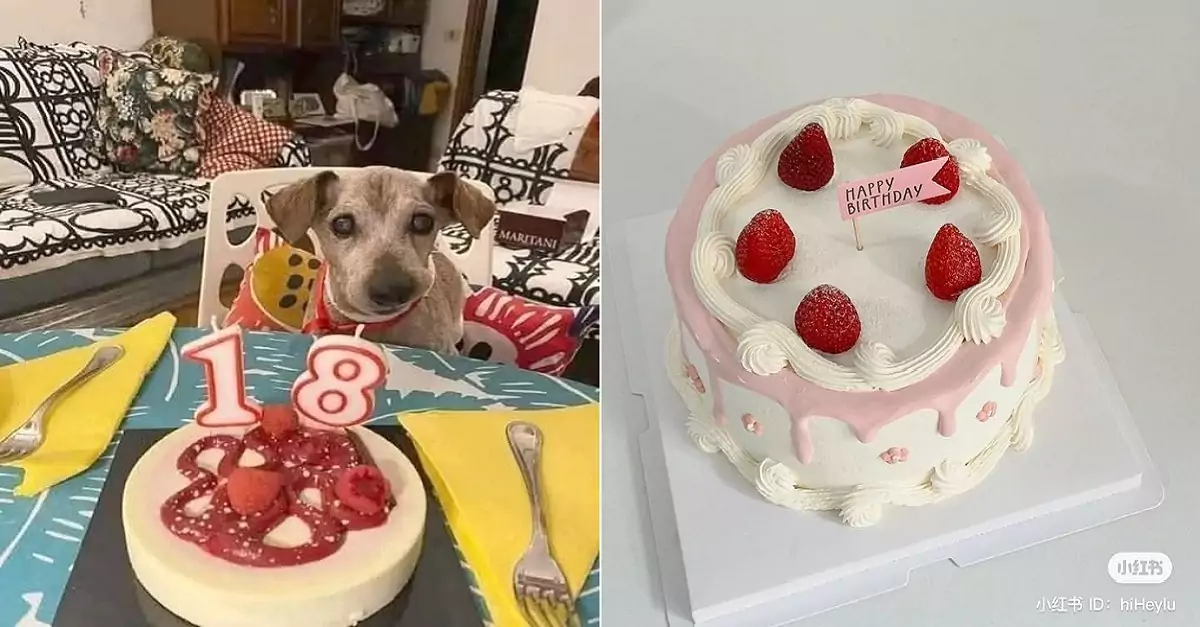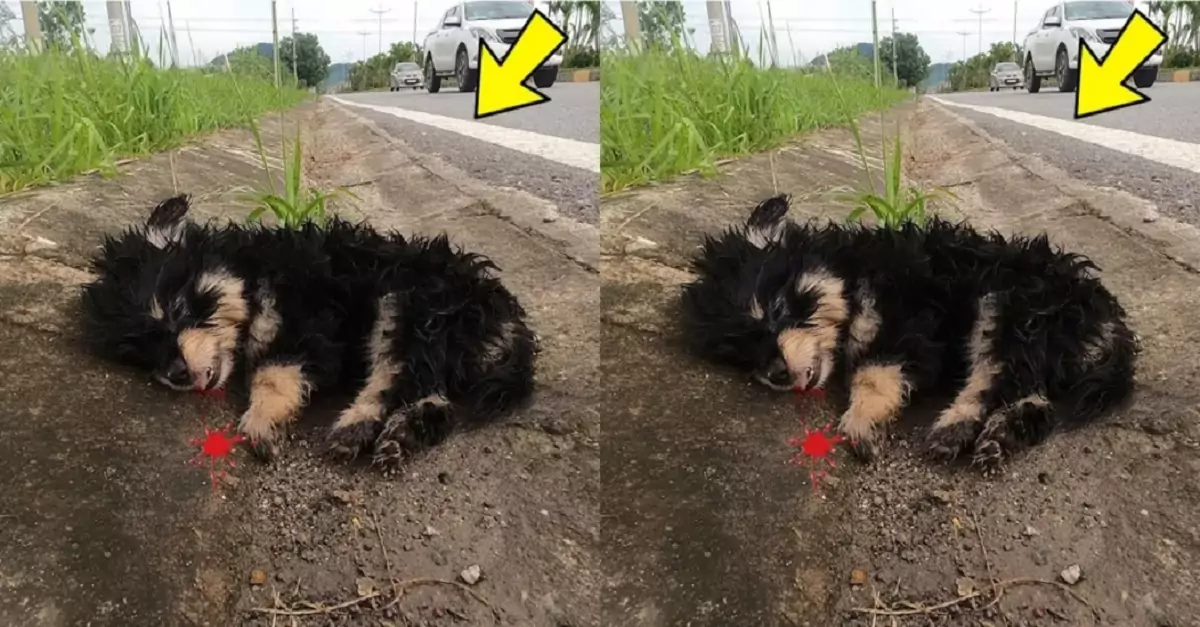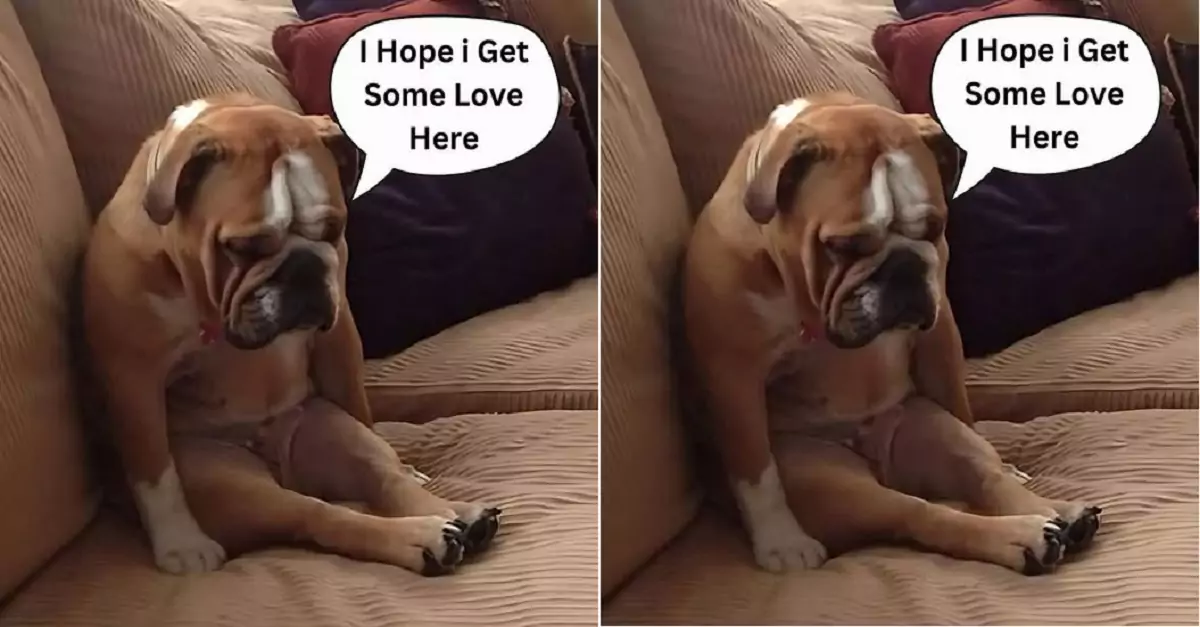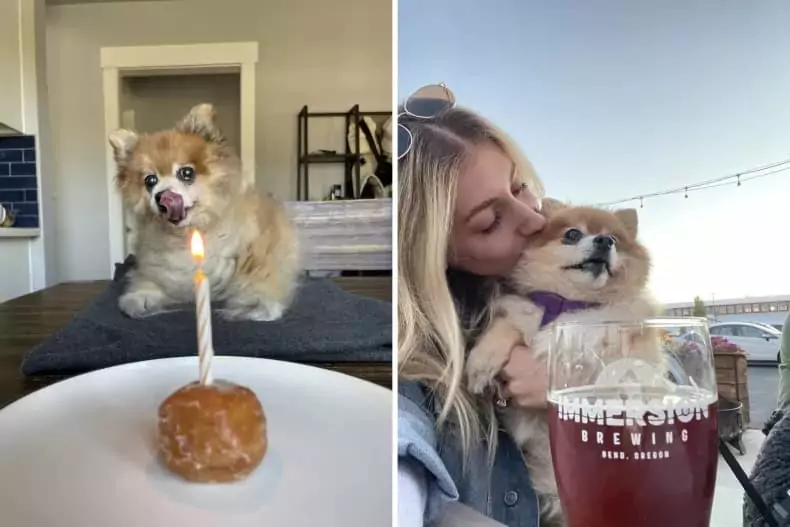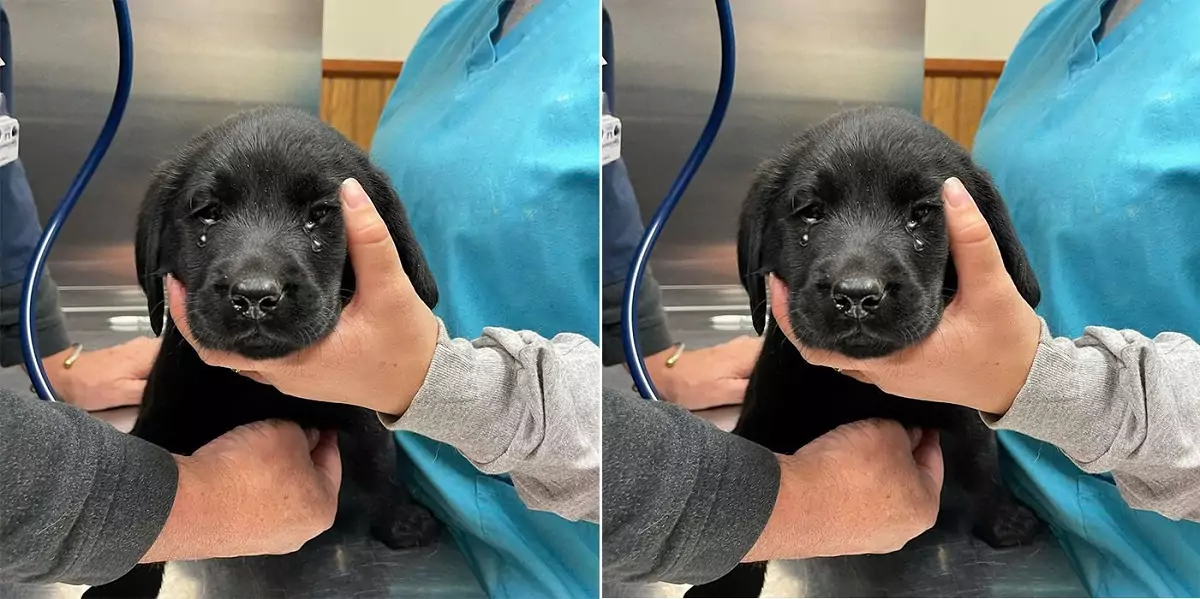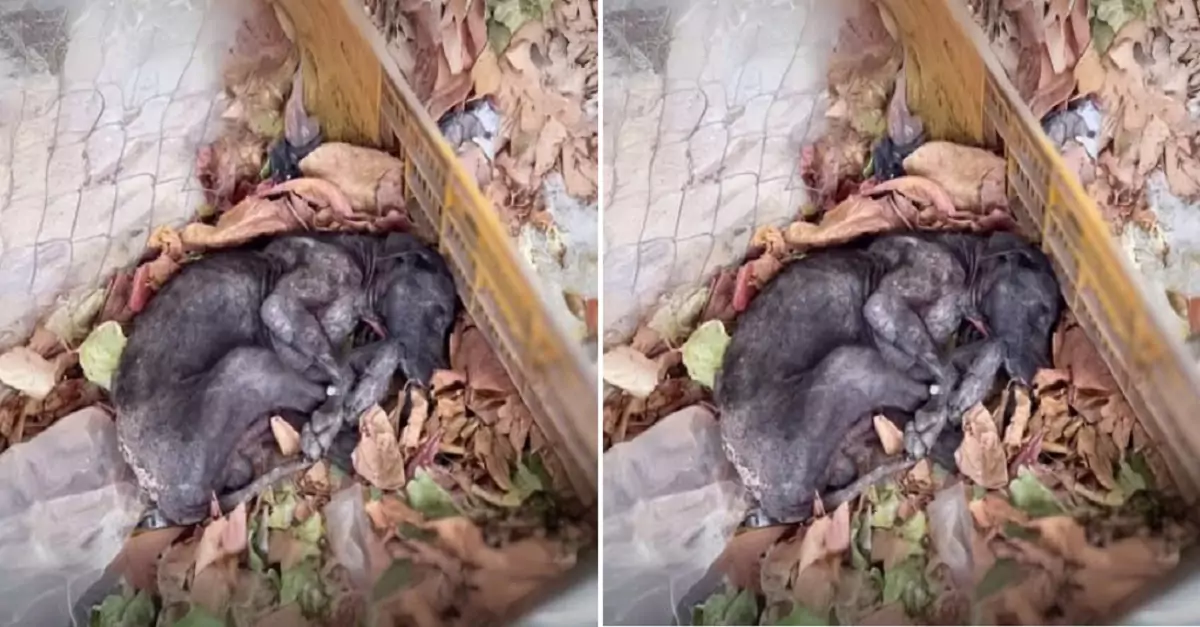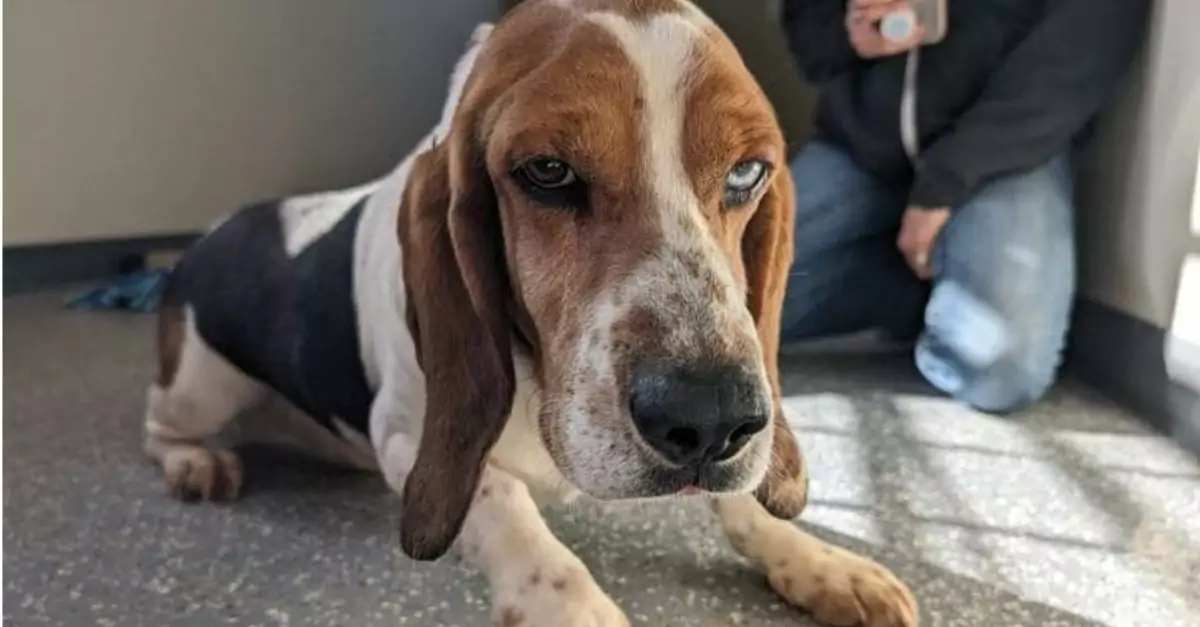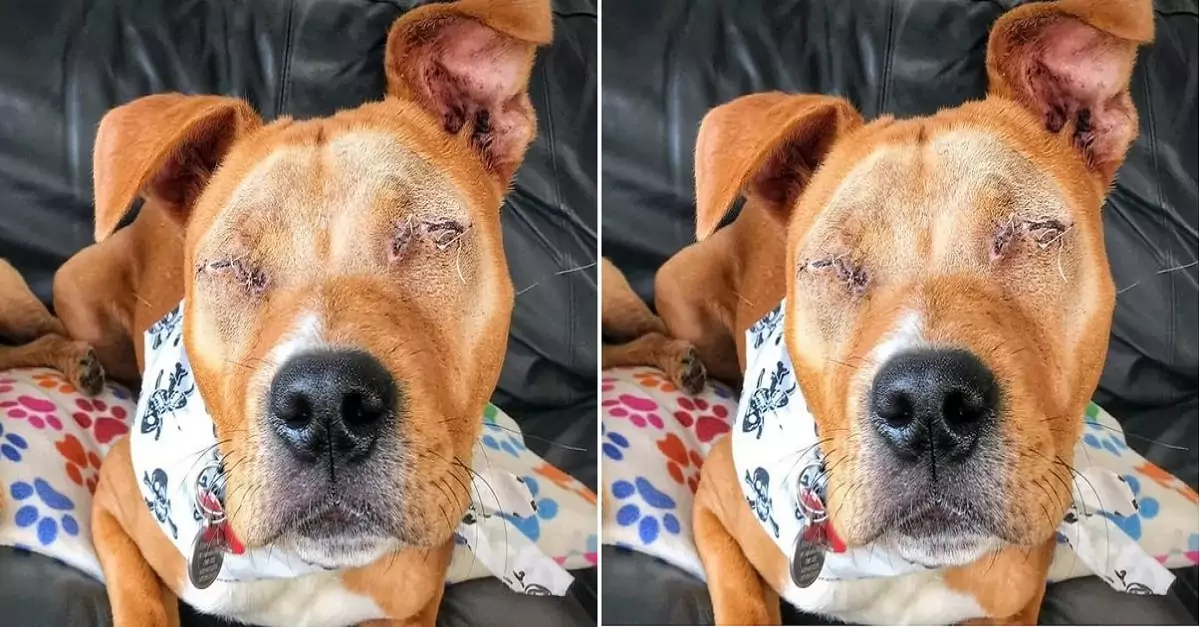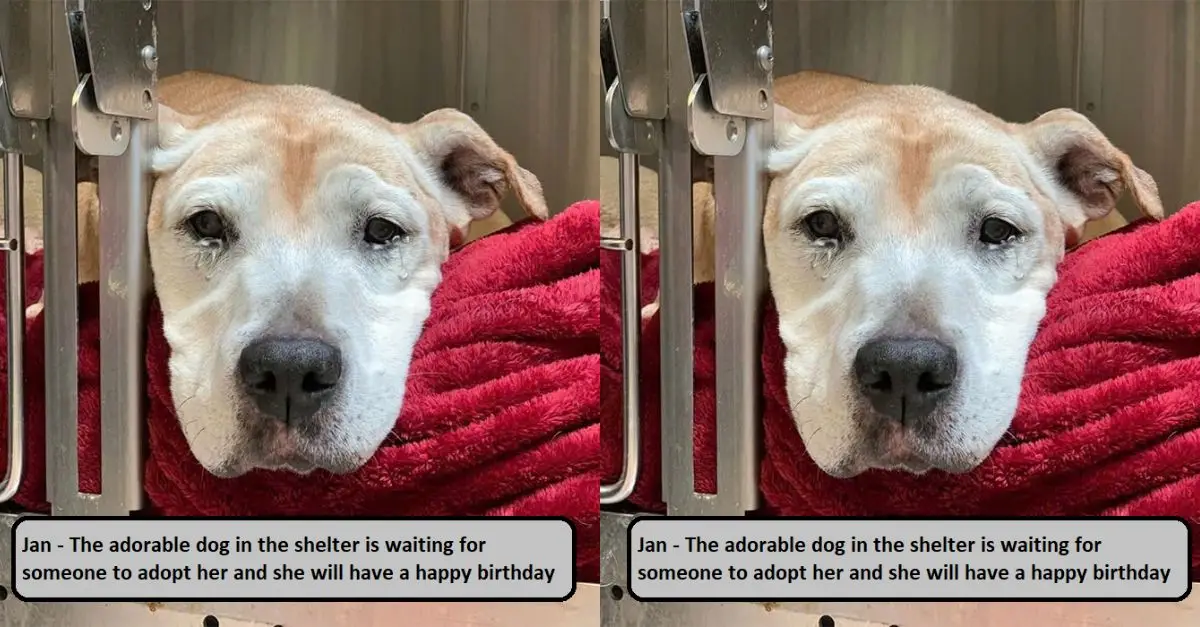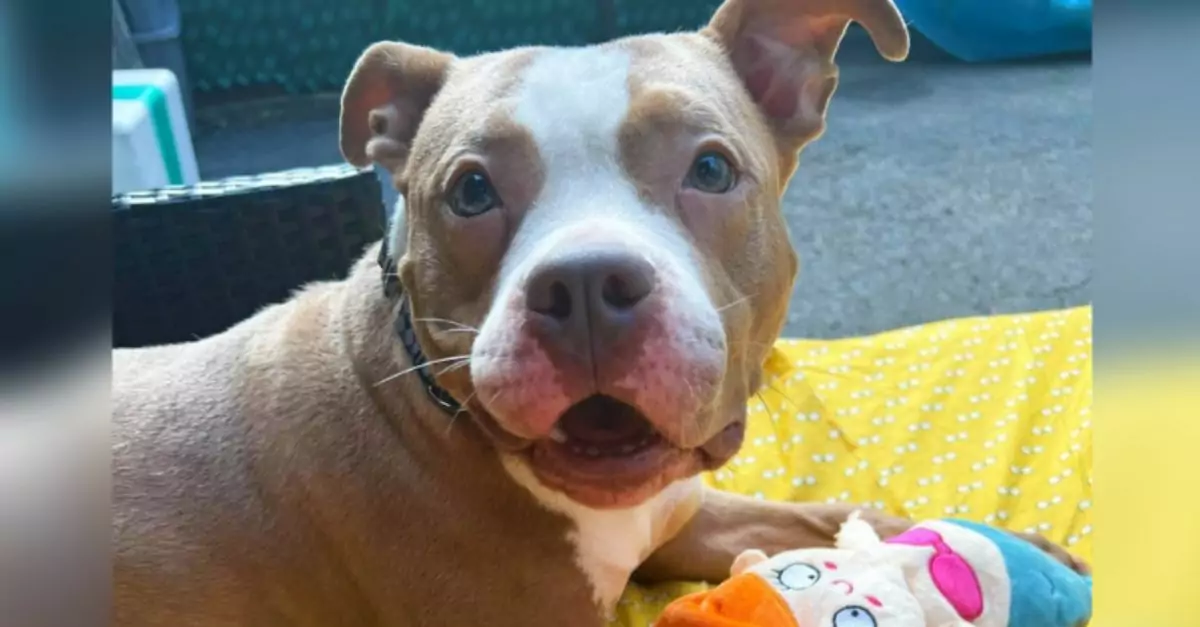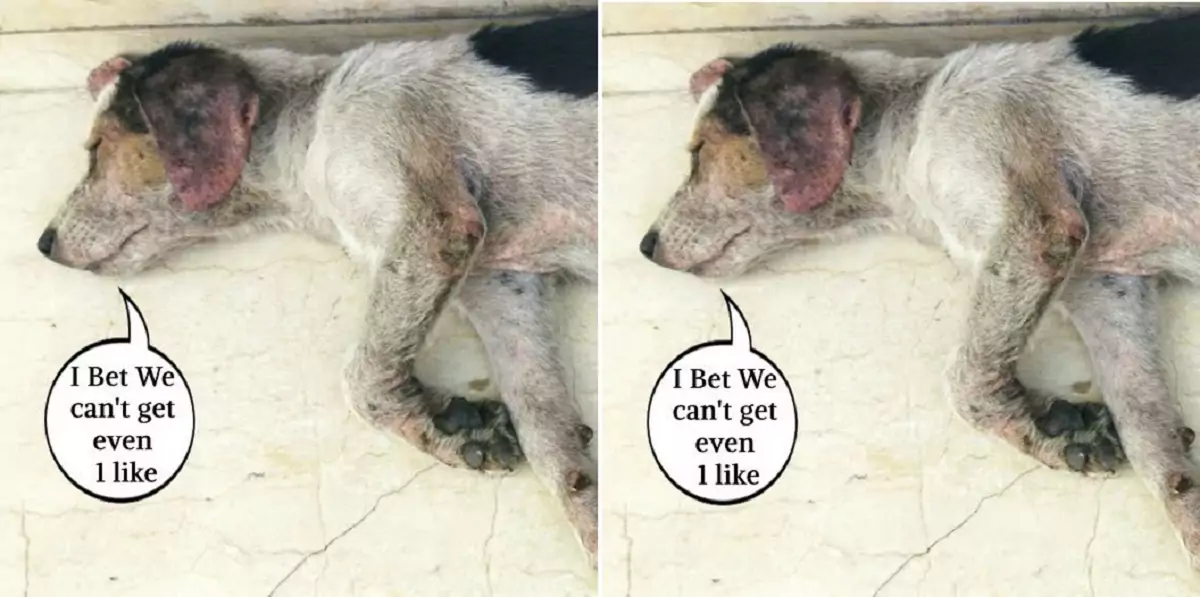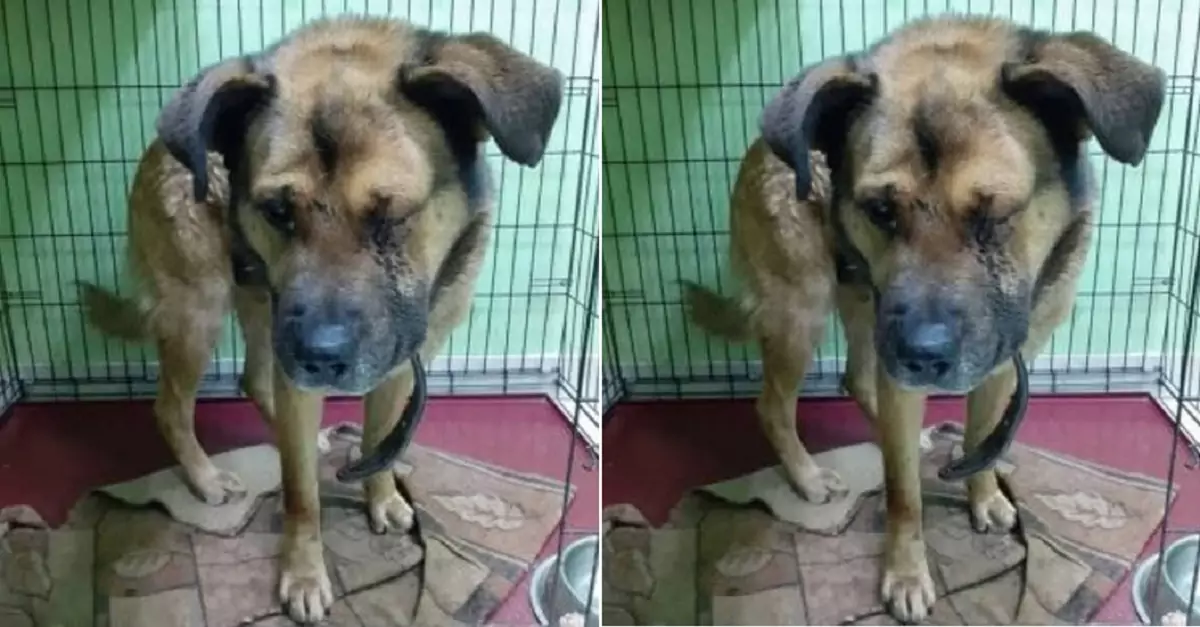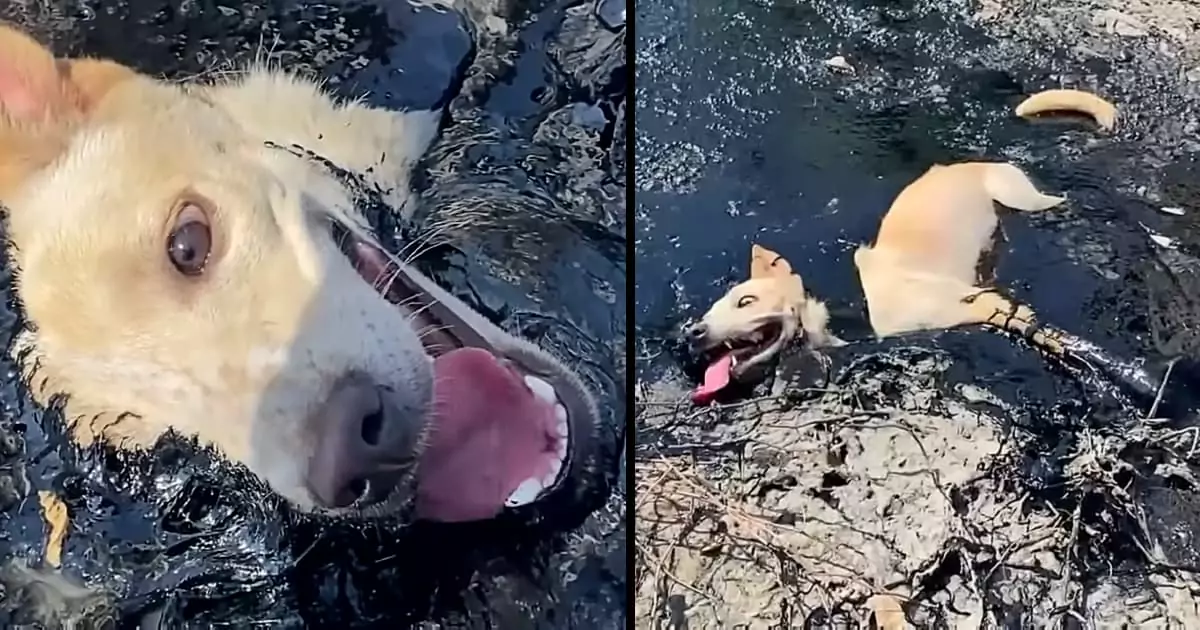Sika was a small dog with a coat that was a bit patchy and rough, his fur a mixture of browns and blacks that never quite lay flat. One of his eyes had gone blind when he was just a puppy, leaving it cloudy and unseeing, while the other still held the bright spark of life. Sika knew he wasn’t like the other dogs—he had heard the whispers, seen the looks of pity or discomfort from visitors who had come to his home. But until recently, he had always found comfort in the love of his owner, who had taken him in despite his flaws.
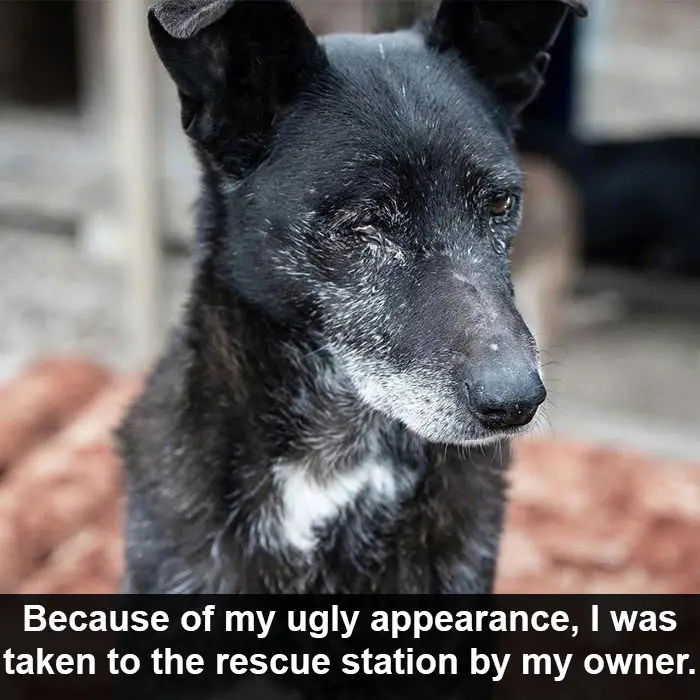
But now, that comfort was gone. Sika’s owner had changed over time. The once warm hands that had patted his head and scratched behind his ears had become cold and distant. The days when Sika was allowed to curl up on the couch beside them, or follow them around the house, had become fewer and farther between. He was no longer welcome to sit by their feet or to sleep in their bed. And then, one day, it happened—his owner decided that Sika was no longer worth keeping.
The decision was made without much thought, almost as if Sika were just another piece of furniture that had become old and worn. His owner didn’t want a dog that was blind in one eye, with an ugly, scruffy coat that never looked quite right. They wanted a dog that others would admire, not one that drew stares of pity. So, without a second thought, they decided to send Sika to the rescue station.
Sika didn’t understand at first. He watched as his owner packed up his things—his old, chewed-up toys, his worn-out bed—and placed them in a box. He wagged his tail hesitantly, hoping this meant they were going somewhere special, somewhere fun. But there was no warmth in his owner’s eyes, no smile to greet him. Instead, Sika was led to the car and driven away, leaving behind the only home he had ever known.
When they arrived at the rescue station, Sika felt the first pangs of fear. The station was loud and filled with the barking of other dogs, the air thick with unfamiliar scents. Sika hesitated at the entrance, looking up at his owner with his one good eye, searching for some sign that this was all a mistake. But there was nothing—just a brief, dismissive glance before he was handed over to the staff.
Sika tried to suppress the sadness that welled up inside him. He knew he wasn’t perfect. He knew he wasn’t the kind of dog that people looked at and said, “What a beautiful dog.” But he had always tried to be good, to be loyal and loving, hoping that it would be enough. Now, standing in the cold, unfamiliar hallway of the rescue station, Sika realized that it hadn’t been.
The staff led Sika to a kennel, a small, bare space with a hard floor and metal bars. They placed his old bed inside, along with his toys, but it didn’t feel like home. Sika curled up on the bed, his small body trembling with the effort of holding back his tears. He didn’t want to cry, didn’t want to seem weak, but the sadness was too much to bear.
The days passed slowly in the rescue station. Sika watched as people came and went, their eyes skimming over him as they looked for younger, prettier dogs. No one stopped at his kennel, no one asked about the little dog with the scruffy coat and the blind eye. Sika tried to stay hopeful, tried to believe that someone would come for him, someone who would see past his imperfections and love him for who he was. But as each day ended and the lights dimmed, Sika’s hope grew fainter.
One evening, as Sika lay curled up in his bed, he heard footsteps approaching. He lifted his head, his heart fluttering with a familiar mix of hope and fear. A young woman stood outside his kennel, her eyes scanning the dogs until they landed on Sika. She knelt down, her gaze soft and kind as she looked at him.
“Hello, little one,” she whispered, reaching out a hand through the bars. Sika hesitated, then slowly, cautiously, he approached her. When her hand touched his fur, he felt a warmth that he hadn’t felt in so long—a warmth that made him want to believe that maybe, just maybe, things would be okay.
The woman spent time with Sika, talking to him softly, her touch gentle and reassuring. She didn’t flinch at his blind eye or his scruffy coat. Instead, she looked at him as if he were the most precious thing in the world. Sika’s heart swelled with a cautious hope.
When the woman finally stood up, she spoke with the staff. Sika watched her, his heart pounding as she filled out some forms. Then, to his amazement, she returned to his kennel, opened the door, and gently lifted him into her arms. Sika’s body relaxed against her, his heart finally believing what his mind could barely grasp—he was going home.
The woman carried Sika to her car, wrapping him in a soft blanket before placing him on the seat beside her. As they drove away from the rescue station, Sika felt a sense of peace that he hadn’t felt in so long. He didn’t know where they were going, but he knew that it didn’t matter. What mattered was that someone had finally seen him, not just for his imperfections, but for the love he had to give.
Sika looked up at the woman, his one good eye shining with gratitude. She smiled down at him, her hand gently stroking his fur. “You’re perfect just the way you are,” she whispered, and Sika knew, in that moment, that he had found his forever home.

